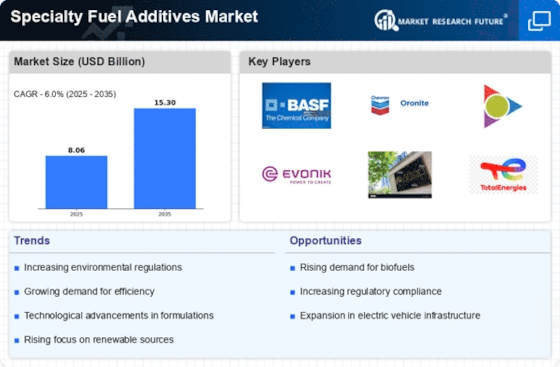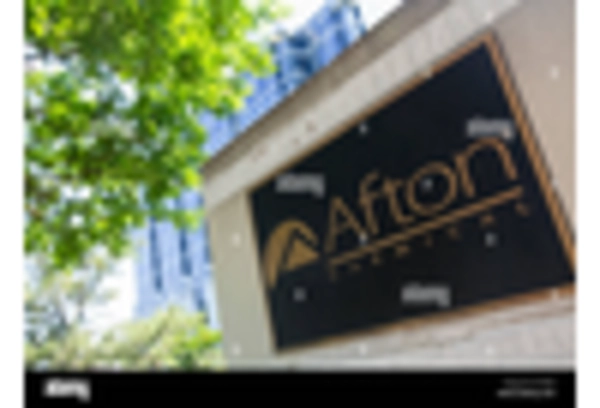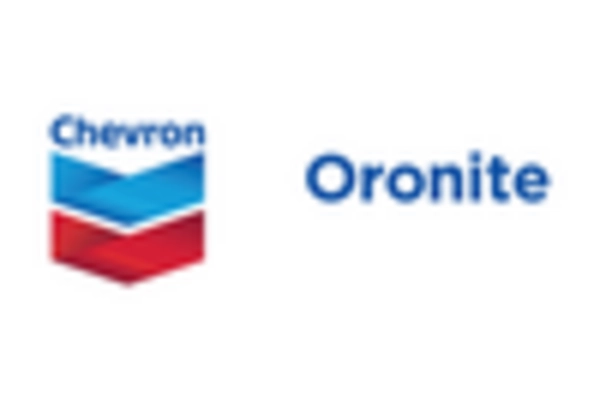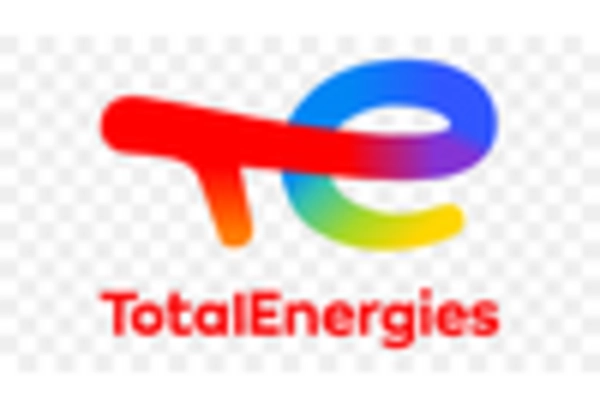Market Analysis
In-depth Analysis of Specialty Fuel Additives Market Industry Landscape
The market for Specialty Fuel Additives is very vibrant and ever-changing and its key players determine the way that the market runs. Modifiers fulfill the purpose of improving the effectiveness and performance of fuel, and are used across many industries, such as automotive, aviation, and marine. A principal factor behind the movement of the markets are the continuous increases of fuel quality and efficiency due to the strict environmental regulations. As governments around the world implement programs to reduce emissions and advance cleaner and more renewable energy, specialty fuel additives play the vital role of helping to attain these standards.
Also, the market dynamics are strongly impacted by the incredibly fast technological progress that is taking place in the automotive and transportation industries. To satisfy the demand of automakers for more eco-friendly engines with reduced emissions, the necessity of fuel additives is being fueled by innovation. It results in market competition since companies try to do better than their rivals by launching the most innovative technologies capable of solving the emerging problems in the industry.
Another factor that adds volatility to the Specialty Fuel Additives market is variations in pricing for crude oil. The prices of oil as input material also fluctuates, affecting the whole chain thus eventually the market dynamics. The companies active in this segment are forced to take the varying price conditions into account carefully in order to stay competitive and keep the profits stable.
These also affect the market dynamics as they can interfere with the supply chain and the availability of these materials. Political instability in main oil-producing regions, trade conflicts, and global economy fluctuation can be causes of the issues in industry players. Being adaptable and resilient while dealing with these external factors is a must have market's skill.
Collaboration and partnership are going to be the observed trend in the market of Specialty Fuel Additives which in turn is shaping the future dynamics. Partnerships between companies are no longer uncommon, as businesses engage in strategic alliances to optimize each others expertise, add variety in their product portfolio and broaden their geographical reach. This sort of partnership grants market players an edge in the competition and satisfactorily meet the various requirements of their customers.
Market dynamics of codernized fuel additives also involves consumer awareness and preferences. In the process of employing sustainable practices and eco-friendly solutions the consumers' inclination to buy products that lead to lower emissions and better fuel efficiency rises. This development in consumers’ preferences pushes producers to invent new items that can be shifted to match the changing demand which affects the market dynamics.


















Leave a Comment